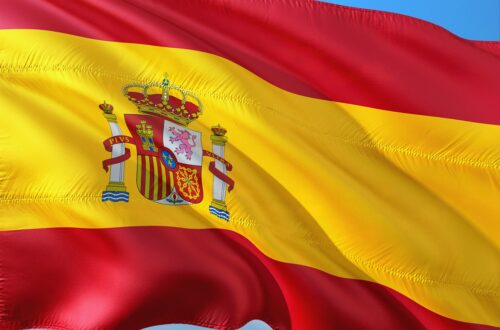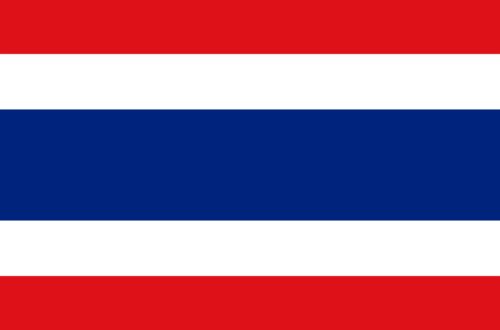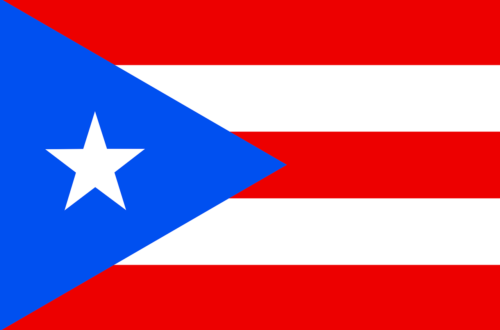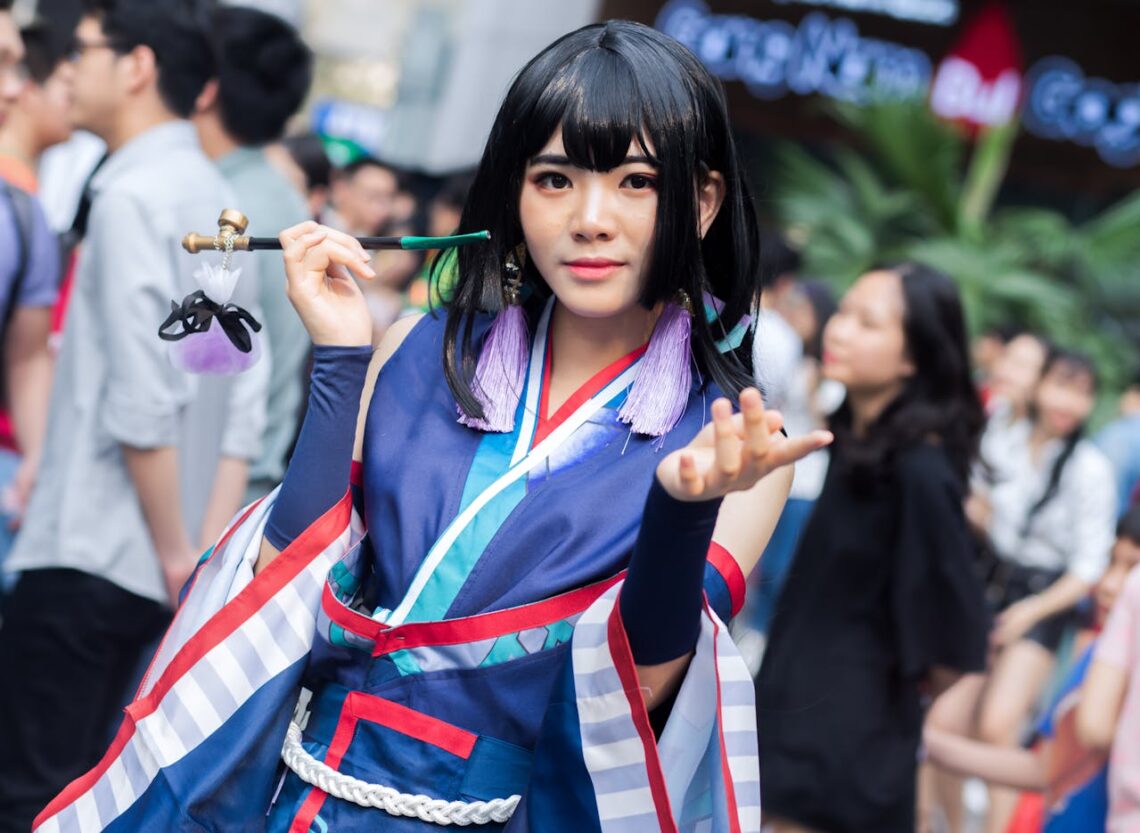
The Best 36 Facts About Koreans (Inspiring And Authentic)
Facts About Koreans
Whether you’re intrigued by interesting facts about Koreans or simply curious about the Korean language, this article explores all these fascinating elements in detail. From Jeju Island to the bustling streets of Seoul, there is much to learn about Korean people and their way of life.
Korea, a captivating country in East Asia, is home to a rich cultural history, vibrant traditions, and modern innovations.
Both North and South Koreans share cultural roots, though their political realities differ dramatically.
In fact South Korea, officially known as the Republic of Korea, has gained international attention for its rapid technological advancements, cultural exports, and unique societal customs.
The History and Culture of Koreans
The Korean Peninsula: A Land Divided
Koreans, whether from North Korea or South Korea, share a deep connection to the southern half of the Korean Peninsula.
The division between North and South occurred after the Korean War (1950-1953). Furthermore this ended with an armistice agreement but no formal peace treaty.
Thus this division led to the creation of the Demilitarized Zone (DMZ), a buffer between the two nations.
The Influence of the Joseon Dynasty
The Joseon Dynasty, which ruled from 1392 to 1897, played a pivotal role in shaping modern Korean society.
During this period, King Sejong introduced the Korean writing system, known as Hangul, in the 15th century.
Evidently this greatly increased the literacy rate in Korea, and to this day, Hangul remains the official language of South Korea.
Unique Facts About Koreans
Blood Type and Personality Traits
One of the more interesting facts about Koreans is their belief in the connection between blood type and personality.
Surprisingly In Korean society, people often inquire about each other’s blood type, believing it reflects specific character traits.
For example, Type A individuals are seen as calm and responsible. While Type B personalities are thought to be more passionate and creative.
The Rise of Plastic Surgery
South Korea is often referred to as the plastic surgery capital of the world. Known for having the world’s highest plastic surgeries per capita.
Thus many South Koreans undergo cosmetic procedures, viewing it as a way to enhance their appearance and opportunities.
Cosmetic surgery is commonly accepted in South Korean culture, especially procedures like double eyelid surgery.

Fascinating Aspects of South Korean Life
Jeju Island: South Korea’s Volcanic Gem
One of the most popular tourist destinations in South Korea is Jeju Island. A stunning volcanic island located off the southern coastline.
Known for its breathtaking landscapes, Jeju Island boasts mountain ranges, lush forests, and unique volcanic formations. It is also home to Hallasan, the highest peak in South Korea.
Food Delivery and Seaweed Soup Traditions
South Korea has a well-established food delivery service. Making it easy for people to enjoy Korean food from the comfort of their homes.
A traditional Korean dish, seaweed soup, is often eaten on special occasions such as birthdays for good luck.
Korean Society and Cultural Norms
South Korean Education System: A Strong Emphasis on Academics
South Korea places a strong emphasis on education, with high school students facing rigorous academic pressures.
In fact many students attend after-school programs known as “hagwons,” which help them prepare for important exams.
Furthermore education is highly valued in Korean society, and this dedication has contributed to South Korea’s high literacy rate and global competitiveness.
The Influence of the Korean Wave (Hallyu)
Another interesting fact about Koreans is their significant impact on global entertainment, largely due to the rise of the Korean Wave, or Hallyu.
This refers to the growing popularity of Korean dramas, K-pop, and movies worldwide. Shows like “Squid Game” and musical groups like BTS have captivated audiences in Western countries and beyond, spreading South Korean culture far and wide.
Food and Culinary Traditions
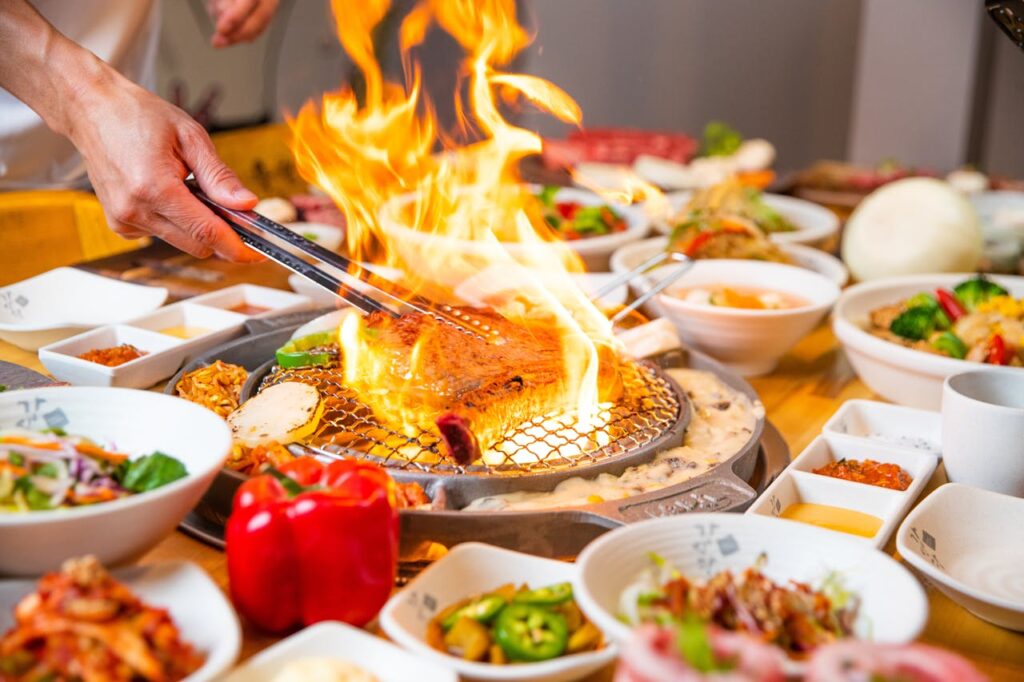
The Importance of Kimchi in Korean Cuisine
No discussion about Korean food would be complete without mentioning kimchi, the traditional fermented dish made from napa cabbage and other vegetables.
There are many distinct types of kimchi, varying by region and season. It plays a central role in traditional Korean cuisine and is served with almost every meal.
Korean Barbecue: A Social Experience
A trip to South Korea would be incomplete without visiting a Korean barbecue restaurant. In these eateries, diners grill various meats, usually beef or pork, right at their table.
The social aspect of Korean barbecue is an integral part of the experience, as it often involves gathering with family or friends.
Additionally, food delivery services in South Korea have embraced the popularity of barbecue, allowing people to enjoy this cuisine from home.
Language and Communication in Korean Culture
The Korean Language and Hangul
The Korean language is a unique feature of Korean identity, with its writing system, Hangul, being one of the most efficient alphabets in the world.
Created by King Sejong in the 15th century, Hangul’s design reflects the sounds of speech, making it easier to learn and increasing accessibility among the Korean people.
Understanding the Korean alphabet is essential for anyone interested in learning more about Korean culture and communication.
Honorifics in Korean Language
In Korean, social hierarchy plays a significant role in how people address each other. There are different levels of formality depending on the relationship between the speaker and the listener. Such as the use of honorifics.
For example, a younger person or someone in a lower position is expected to speak more formally to an elder or superior.
Significant Historical and Cultural Sites
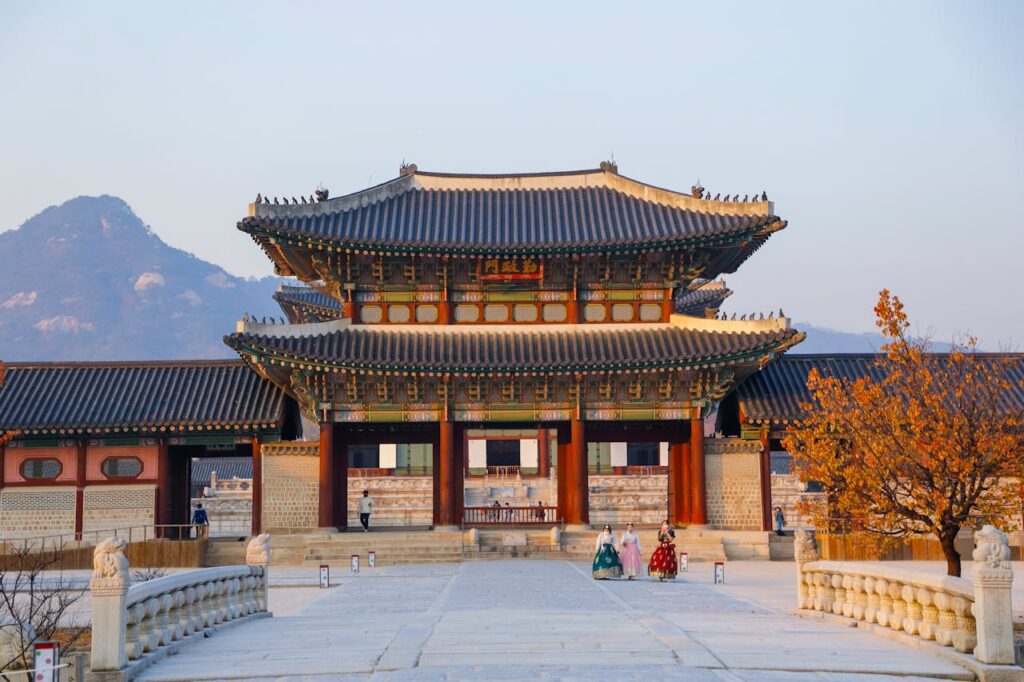
Ancient Palaces of Seoul
Seoul, the capital city of South Korea, is home to several ancient palaces that date back to the Joseon Dynasty.
These palaces, such as Gyeongbokgung and Changdeokgung, are important cultural landmarks that attract visitors interested in Korean history.
Unquestionably these sites offer a glimpse into the rich cultural heritage of Korea, showcasing traditional architecture and historical artifacts.
The Demilitarized Zone (DMZ)
The Demilitarized Zone (DMZ) is one of the most heavily fortified borders in the world, separating North Korea from South Korea.
While it serves as a reminder of the Korean War and the ongoing tension between the two nations, it has also become a popular tourist attraction for those wanting to learn about the history of the division.
Facts About Koreans Frequently Asked Questions
What is a unique fact about Koreans?
One unique fact is that many Koreans believe a person’s blood type can reveal their personality traits. This belief influences social interactions and relationships in Korean society.
Why is South Korea known for plastic surgery?
South Korea has become a hub for plastic surgery, with many procedures viewed as enhancing one’s appearance and social standing. The high demand for cosmetic surgery is driven by the beauty standards prevalent in South Korean culture.
What is the most popular tourist destination in South Korea?
Jeju Island, known for its natural beauty and volcanic landscapes, is one of the most popular tourist destinations in South Korea.
How did the Korean Wave (Hallyu) start?
The Korean Wave began in the late 1990s and early 2000s, as Korean dramas and pop music gained popularity in Asian countries and later spread to Western countries.
Why is education so important in South Korea?
South Korea places a strong emphasis on education due to its role in promoting economic success and global competitiveness. Academic achievement is highly valued in Korean society.

Facts About Koreans Conclusion
In conclusion, the facts about Koreans reveal a society deeply rooted in tradition, history, and a forward-thinking approach to the future.
From the Korean language to the rise of the Korean Wave, South Korea has left a significant mark on the global stage.
Understanding these unique elements of Korean culture allows for a deeper appreciation of this fascinating country.
I hope that you find this post a positive read next: The Best 68 Fascinating and Unique Facts About Africa
Traditional Korean Holidays and Festivals
Lunar New Year: A Time of Family and Tradition
One of the most significant holidays in Korean society is Lunar New Year (Seollal), which is celebrated according to the lunar calendar.
This holiday is a time for Koreans to gather with family, pay respect to ancestors, and enjoy traditional foods like seaweed soup and rice cakes.
Seollal involves several customs, including the wearing of traditional clothing called hanbok and performing a ceremonial bow to elders to show respect.
Chuseok: Korean Thanksgiving
Another important holiday is Chuseok, often referred to as Korean Thanksgiving. Like Seollal, this holiday centers around family gatherings and honoring ancestors.
Koreans prepare offerings of food, such as Korean food dishes made from newly harvested crops, to express gratitude.
It’s also a time when Koreans visit ancestral graves, clean burial sites, and participate in traditional games and dances.
Modern South Korean Lifestyle
South Korea’s Entertainment Industry
South Korea’s entertainment industry is a powerhouse in East Asia and beyond. The success of K-pop groups like BTS and Blackpink has elevated South Korean pop music to global recognition.
In fact South Korea’s video games industry is also one of the largest in the world, with games like “League of Legends” and “Starcraft” being incredibly popular among South Koreans and international players alike.
South Korean Dramas: A Global Phenomenon
South Korean television series, or Korean dramas, have become a cultural export that continues to grow in popularity.
These dramas often focus on themes such as love, family, and revenge, captivating audiences worldwide.
In fact, Korean dramas have played a significant role in spreading the influence of Hallyu, or the Korean Wave, to countries like the United States, North America, and many parts of Western countries.
South Korean Food: A Rich Culinary Tradition
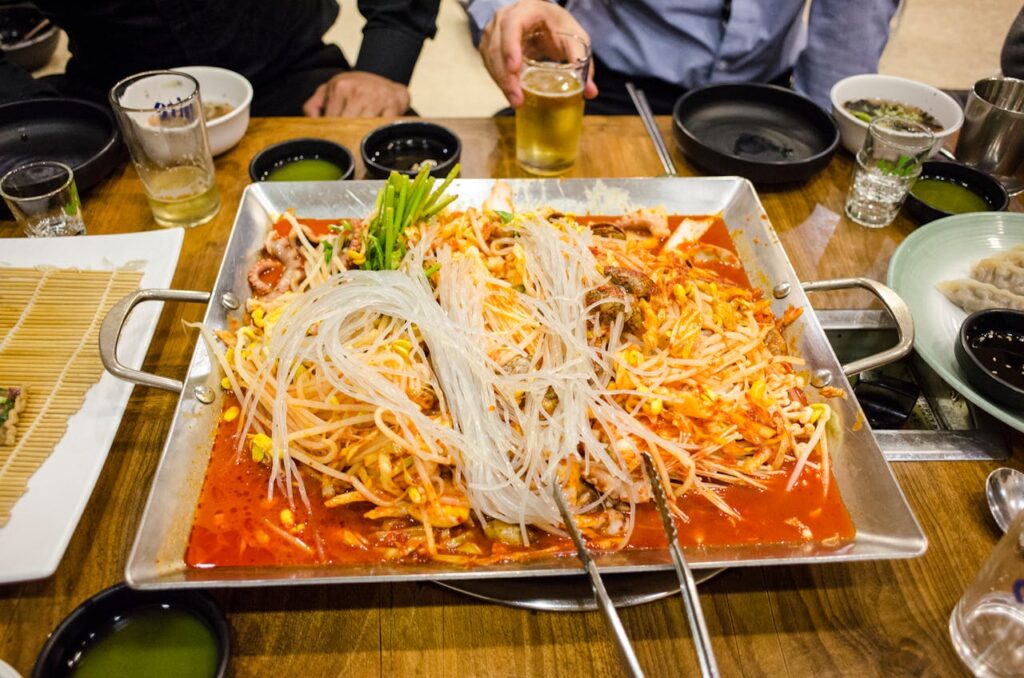
Unique Dishes in Korean Cuisine
Traditional Korean cuisine offers a wide variety of flavors and dishes, with meals often centered around rice, vegetables, and various meat options.
Some of the most popular dishes include bulgogi (grilled marinated beef), bibimbap (a mixed rice dish), and tteokbokki (spicy rice cakes).
These dishes are often accompanied by side dishes, most notably kimchi, which is a fermented vegetable dish served at almost every meal.
Seaweed Soup: A Dish for Special Occasions
A lesser-known yet culturally significant dish in Korea is seaweed soup (miyeok-guk). Traditionally, this soup is consumed by new mothers for its nutritional benefits, but it is also eaten on birthdays for good luck.
Many Koreans enjoy seaweed soup as part of their diet, viewing it as a symbol of health and well-being.
The Popularity of Sweet Potatoes in Korea
Interestingly, sweet potatoes are a popular ingredient in Korean food, used in a variety of dishes, including desserts, snacks, and even pizza. Koreans love the versatility of sweet potatoes, and they are often incorporated into meals in unique ways.
Cultural Practices and Social Etiquette
The Significance of House Numbers in Korea
In Korea, house numbers do not follow a traditional street address system like in Western countries.
Instead, house numbers are assigned based on the order of construction rather than their location on the street.
This system is unique to South Korean culture and can sometimes be confusing for first-time visitors.
The Role of Credit Cards in South Korea

South Koreans are known for their widespread use of credit cards. In fact, South Korea has one of the highest credit card usage rates in the world.
Many South Koreans prefer to pay for even small purchases with credit cards, and the country has a well-developed cashless payment system.
South Korean Beauty Standards and Plastic Surgery

The World’s Highest Rate of Plastic Surgeries
South Korea is known for having the world’s highest plastic surgeries per capita. Plastic surgery is widely accepted in Korean society, with many people opting for procedures to enhance their appearance.
Double eyelid surgery, rhinoplasty, and jawline surgery are some of the most popular procedures. There is a cultural emphasis on appearance, and cosmetic procedures are seen as a way to improve both personal and professional opportunities.
South Korea’s Beauty Industry: Skincare and Cosmetic Surgery
In addition to plastic surgery, South Korea is famous for its skincare industry, which has gained a global following.
The country’s skincare products are known for their innovative formulas and ingredients, often focusing on hydration, anti-aging, and skin brightening.
The popularity of the Korean Wave has further boosted the global demand for South Korean culture, including its beauty products.
A related post to read next: Interesting Facts About Cosmetologists
South Korea’s Relationship with Nature
Jeju Island: The Crown Jewel of South Korea
One of South Korea’s most treasured natural wonders is Jeju Island, a volcanic island off the southern coast. Known for its picturesque landscapes, Jeju Island offers visitors a chance to explore volcanic islands, lush forests, and scenic beaches.
The island is home to Hallasan, South Korea’s highest peak, which is a dormant volcano and a popular hiking destination.
Jeju is often described as a popular tourist destination for both local and international travelers.
National Parks and Natural Beauty
South Korea is home to many national parks, each offering unique landscapes ranging from mountain ranges to coastal areas.
These parks are popular among hikers, nature lovers, and photographers who want to capture the beauty of South Korea’s diverse ecosystems.
One of the most famous parks is Seoraksan National Park, which is renowned for its breathtaking mountain views and vibrant autumn foliage.
Facts About Koreans Conclusion
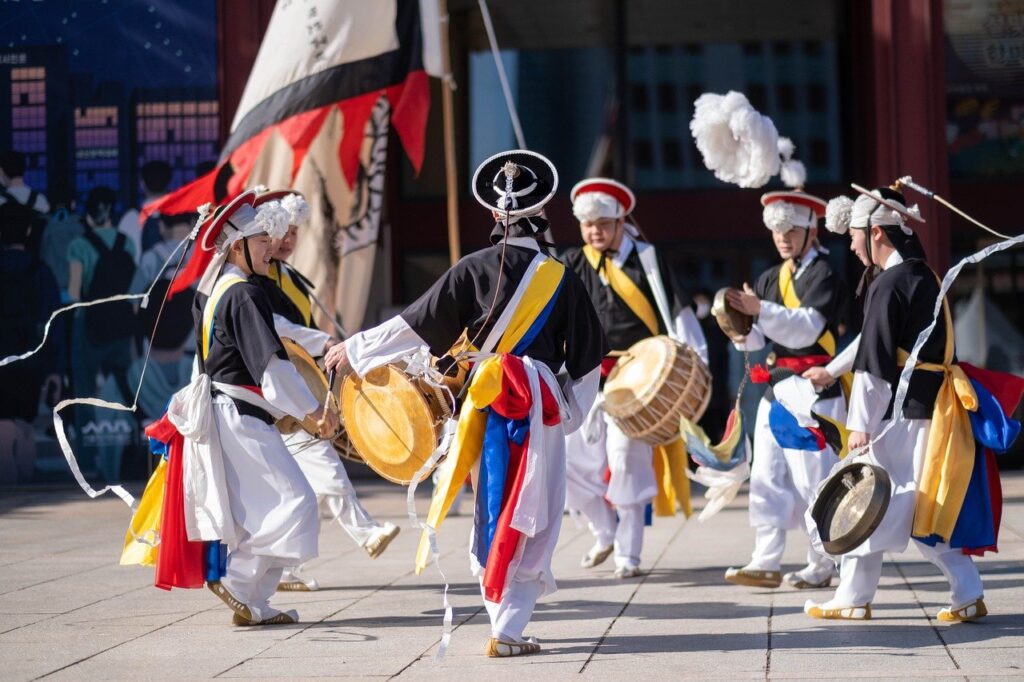
South Korea is a country with a rich history, vibrant traditions, and a modern outlook. From its Korean language and rich cultural heritage to its booming entertainment industry and technological innovations. South Korea continues to captivate the world’s attention.
The facts about Koreans reveal a complex society that balances ancient traditions with cutting-edge advancements.
Whether you are interested in the influence of the Korean Wave, the beauty of Jeju Island, or the rise of plastic surgery, South Korea offers an intriguing blend of the old and the new.
Understanding these facts about Koreans allows for a deeper appreciation of the country’s unique culture and its impact on the global stage.
South Korea’s Technological Advancements
The Role of Video Games in South Korean Culture
One of the most interesting facts about Koreans is their deep involvement in the video games industry.
South Korea is not only home to some of the world’s top video game developers, but it also has a massive gaming culture.
South Koreans are known for their passion for competitive gaming, especially in genres like real-time strategy (e.g., Starcraft) and multiplayer online battle arenas (MOBAs) like League of Legends.
The country has even developed professional gaming leagues, with esports athletes receiving celebrity treatment and sponsorship deals.
The Power of Technology and Internet Connectivity
South Korea is a world leader in technological infrastructure, boasting some of the fastest internet speeds globally.
This high-speed internet access has shaped many aspects of South Korean culture, including the rise of food delivery services, the digitalization of entertainment, and even the way South Koreans interact socially.
For instance, mobile apps make it easy for people to order food, pay bills, and stay connected in this tech-savvy society.
The Impact of History on Korean Society
The Korean War and Its Lasting Effects
The Korean War (1950-1953) was a significant event that shaped the modern political and social landscape of both North Korea and South Korea.
The war resulted in the division of the Korean peninsula, and its impact can still be felt today.
The armistice agreement that ended the conflict left a tense standoff between the two countries, symbolized by the Demilitarized Zone (DMZ).
The presence of American troops and historical ties to soviet troops during the war also left a lasting impression on the Republic of Korea and its international relationships, particularly with the United States.
South Korea’s Rich History: From the Joseon Dynasty to Modern Day
South Korea has a rich history that dates back thousands of years. Much of modern Korean history is influenced by the Joseon Dynasty, which reigned for over 500 years.
During this period, significant developments such as the creation of Hangul by King Sejong took place, leading to a higher literacy rate among the populace.
The preservation of ancient palaces, temples, and cultural artifacts speaks to the deep-rooted traditions that continue to influence contemporary Korean society.
Facts About Koreans
Unique Korean Beliefs and Practices

The Myth of Electric Fans and Sleep Deprivation
One of the more unusual fun facts about Koreans is their belief in “fan death.” Some South Koreans believe that sleeping in a closed room with an electric fan running can lead to death due to hypothermia or asphyxiation.
While this belief is largely based on superstition, it has persisted in South Korean culture for decades.
Additionally, sleep deprivation is a common issue in South Korea, especially among students and working professionals.
The competitive nature of the South Korean government’s education system and corporate culture often leads to long hours of study or work, contributing to a lack of sleep among many South Koreans.
Popular Tourist Destinations in South Korea
Seoul: The Largest City and Cultural Hub
As the capital city of South Korea, Seoul is a bustling metropolis that blends the ancient with the modern.
The city is home to ancient palaces, contemporary skyscrapers, and a thriving entertainment industry.
Seoul’s neighborhoods like Gangnam—made famous globally by the song “Gangnam Style”—offer a glimpse into the glamorous side of South Korean culture.
Visitors can explore historical sites such as Gyeongbokgung Palace, enjoy the vibrant nightlife, or indulge in shopping at high-end stores.
The Natural Beauty of South Korea
Beyond its cities, South Korea offers stunning natural landscapes. Indeed the country is dotted with national parks, mountain ranges, and scenic coastlines along the eastern coastline and East China Sea.
Jeju Island, as mentioned earlier, is a popular destination for nature lovers and adventure seekers.
Without a doubt the island’s volcanic islands and lush terrain offer a peaceful retreat from the bustling cities.
The Role of Customs and Traditions in Korean Society
Valentine’s Day and Other Special Occasions
In South Korean culture, Valentine’s Day is celebrated with a twist: women traditionally give chocolate to men. And a month later, on White Day, men return the favor with gifts like candy or flowers.
Additionally, South Koreans observe other unique holidays such as Pepero Day (similar to Valentine’s Day, where couples exchange chocolate-covered snacks) and Lunar New Year, as previously mentioned, which is one of the most important special occasions in Korea.
Korean House Numbers and Property Values
Another interesting fact is the house number system in South Korea, which does not follow the conventional address system used in Western countries.
Instead, house numbers are often based on the order in which buildings were constructed, not their location on the street.
This unique system sometimes causes confusion for first-time visitors, but it’s a part of South Korean culture that reflects the country’s historical development.
Property values in South Korea, particularly in major cities like Seoul, have skyrocketed in recent years.
The demand for housing in urban areas has led to a competitive real estate market, with rising prices affecting both locals and expatriates.
Fun and Unique Facts About Koreans
- South Koreans are the largest consumers of credit cards globally. With many preferring to use them for even the smallest purchases.
- Korean people often associate specific personality traits with blood type, which plays a role in both friendships and romantic relationships.
- The country has a high demand for cosmetic surgery. Leading to South Korea being known as the “world’s plastic surgery capital.”
- Despite being known for their beauty standards, many South Koreans struggle with the concept of growing facial hair. Which is less common than in Western countries.
Facts About Koreans Frequently Asked Questions
Why do Koreans care about blood type?
In Korean society, it is believed that a person’s blood type can reveal specific personality traits. For example, Type A is seen as calm and trustworthy, while Type B is considered creative and independent. This belief has become a part of the social fabric in Korea and is often discussed in casual conversations.
What is the most popular dish in Korean cuisine?
One of the most popular dishes is Korean barbecue, where diners grill meats like beef and pork at their table. Another iconic dish is bibimbap, a mixed rice dish with vegetables, meat, and a spicy sauce.
How significant is plastic surgery in South Korea?
Plastic surgery is incredibly common in South Korea, with many South Koreans undergoing procedures to improve their appearance. South Korea has the world’s highest rate of plastic surgeries per capita, and cosmetic surgery is considered a norm in South Korean culture.
What is the best time to visit Jeju Island?
The best time to visit Jeju Island is during the spring and fall, when the weather is mild and the landscapes are most beautiful. The island’s natural beauty, including its highest peak, Hallasan, and stunning volcanic formations, can be enjoyed year-round, but the blooming flowers and cooler temperatures during these seasons make for an ideal visit.
Facts About Koreans Conclusion
The facts about Koreans reflect a society that is deeply rooted in its traditions while also embracing modernity.
From their rich history dating back to the Joseon Dynasty to their current leadership in the entertainment industry, South Koreans have made significant contributions to both East Asia and the world.
Whether you’re intrigued by the importance of blood type in personal interactions, the rapid rise of cosmetic surgery, or the beauty of Jeju Island, there’s always something new to discover about this fascinating country.
Understanding these facts about Koreans provides a deeper appreciation for a culture that balances the old with the new, all while continuing to make a global impact.
Next read this interesting post: Interesting Facts About Mexican Culture (Read The Best 88)


